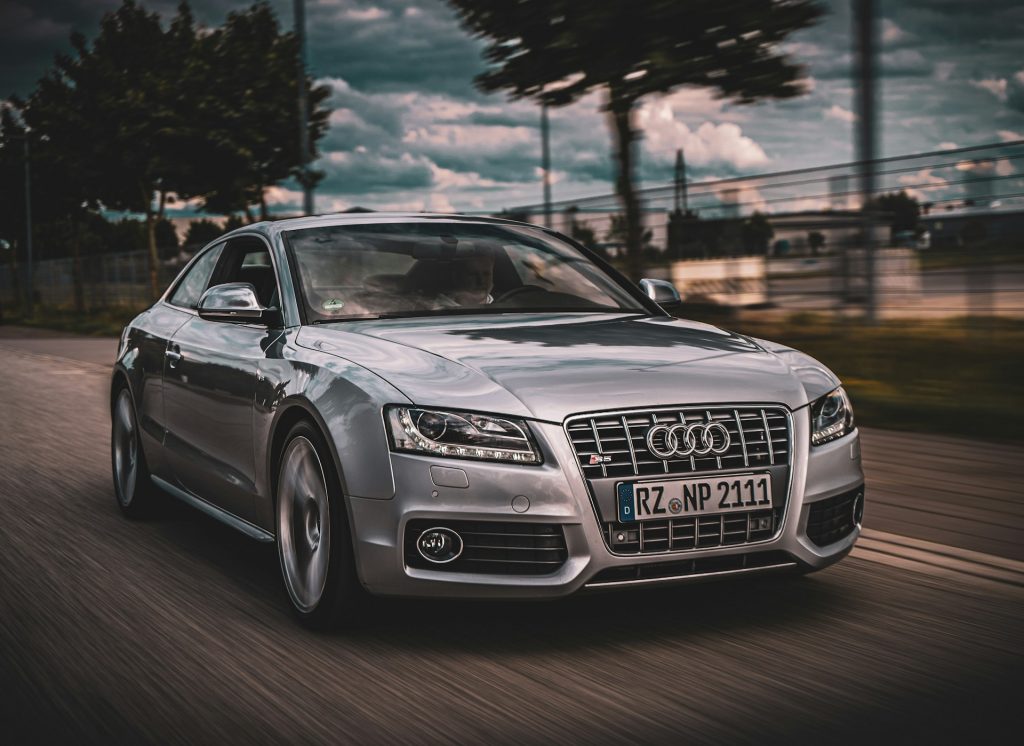Volkswagen has been struggling with its electric vehicles for some time now. Due to low demand, even the Audi plant in Brussels is at risk. Furthermore, the company faces potential million-dollar compensation payments in Russia.
Volkswagen has placed its plant in Brussels, where the luxury electric vehicle Audi Q8 e-tron is manufactured, under review due to weak demand. Audi, a VW subsidiary, has initiated an “information and consultation process” for the plant, aiming to find a solution for the site which employs about 3,000 people. “This could also lead to the closure of the plant if no alternative is found,” Audi announced last night. If the closure happens, it would be the first time in decades that Volkswagen has shut down a plant.
Company insiders have indicated that the Q8 e-tron could be discontinued next year. The model, which has been on the market since 2018, is Audi’s oldest electric vehicle. It now faces competition from new vehicles on the premium platform, like the Q6 e-tron, which was recently launched after years of delay. Audi has not disclosed how long it will take to make a decision regarding the Brussels plant.
“Viable and Sustainable Solution”
In Belgium, a company cannot simply close a plant without negotiating potential alternatives first, as per current regulations. This process, known as the “Renault procedure,” was introduced in the late 1990s following the unexpected closure of a Renault plant that caused significant disruptions. Sources within the workers’ council have stated that the challenging situation in Brussels has been a topic of concern beyond Audi. During a meeting of the global Volkswagen works council, the representatives presented a solidarity declaration to the board.
Rita Beck, spokesperson for the Audi committee in the European Volkswagen works council, stated on Tuesday that the employee representatives are demanding a sustainable perspective for the plant and its workforce. “We hope that during the decision-making process, initiated now through consultation, a viable and sustainable solution will be developed.”
The Brussels plant has long been considered a problem child within the company. Production costs there are higher than at other locations, partly due to its location within the city limits of the Belgian capital.
